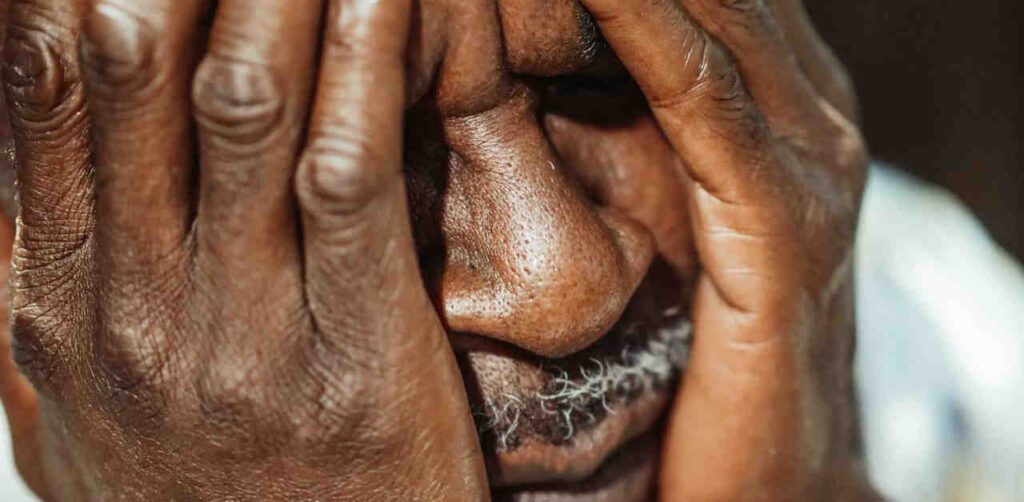Published by: National Institute on Aging
Feeling down every once in a while is a normal part of life, but if these feelings last a few weeks or months, you may have depression. Read this article to find common signs and symptoms of depression, treatment options, and if you or your loved one may be at risk for depression.
What is depression?
Depression is a serious mood disorder. It can affect the way you feel, act, and think. Depression is a common problem among older adults, but clinical depression is not a normal part of aging. In fact, studies show that most older adults feel satisfied with their lives, despite having more illnesses or physical problems than younger people. However, if you’ve experienced depression as a younger person, you may be more likely to have depression as an older adult.
Depression is serious, and treatments are available to help. For most people, depression gets better with treatment. Counseling, medicine, or other forms of treatment can help. You do not need to suffer — help and treatment options are available. Talk with your doctor if you think you might have depression.
There are several types of depression that older adults may experience:
- Major Depressive Disorder – includes symptoms lasting at least two weeks that interfere with a person’s ability to perform daily tasks
- Persistent Depressive Disorder (Dysthymia) – a depressed mood that lasts more than two years, but the person may still be able to perform daily tasks, unlike someone with Major Depressive Disorder
- Substance/Medication-Induced Depressive Disorder – depression related to the use of substances, like alcohol or pain medication
- Depressive Disorder Due to A Medical Condition – depression related to a separate illness, like heart disease or multiple sclerosis.
Other forms of depression include psychotic depression, postmenopausal depression, and seasonal affective disorder.
Supporting friends and family with depression
Depression is a medical condition that requires treatment from a doctor. While family and friends can help by offering support in finding treatment, they cannot treat a person’s depression.
As a friend or family member of a person with depression, here are a few things you can do:
- Encourage the person to seek medical treatment and stick with the treatment plan the doctor prescribes.
- Help set up medical appointments or accompany the person to the doctor’s office or a support group.
- Participate in activities the person likes to do.
- Ask if the person wants to go for a walk or a bike ride. Physical activity can be great for boosting mood.
